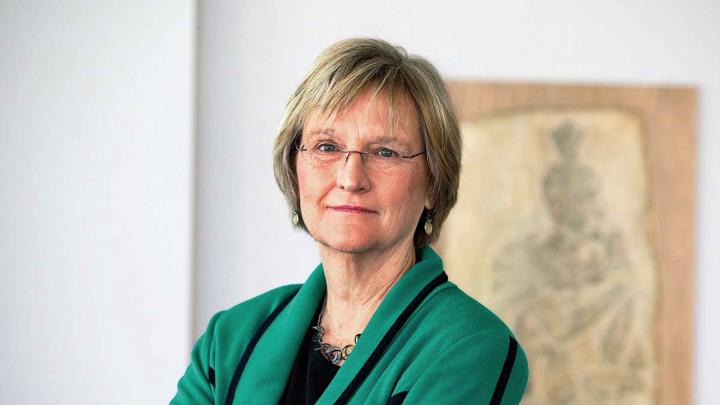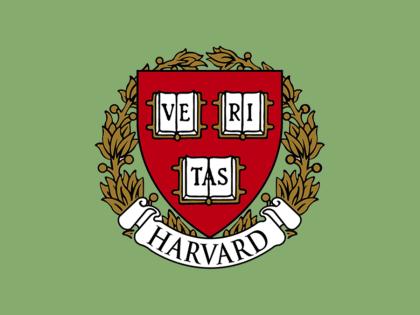Early on a chilly Saturday morning in April, I gathered in Cambridge with a hearty band of Harvard scientists and supporters of science to help launch the March for Science, an international demonstration of support for scientific discovery and its extraordinary potential to better our lives. Colleagues in Longwood were assembling at the same time, and our students, faculty, and staff joined more than a million people at hundreds of sites around the world—some 70,000 of them on Boston Common—to celebrate research that provides a foundation for our health, our prosperity, and our possibilities. The event was, for me, a very powerful reminder of the scope and scale of work that happens every day across our campus, of efforts that drive economic growth, improve human lives, and protect the planet.
Our future depends upon the future of science, and evidence and fact-based reasoning must continue to provide the basis for policies that guide our society and our world. These ends are not achievable without a strong partnership between America’s research universities and its federal government, an alliance that has propelled discovery, growth, and prosperity in our country since it was established just after the end of the Second World War. I have devoted a significant amount of time this past semester to making the case for continued federal commitment to support for basic and applied research with members of Congress from across the country, many of them alumni of the University. Members on both sides of the aisle in the House and the Senate have been excellent partners in advancing the argument that science teaching and research supplies us with the tools to build a better world, and their advocacy has helped secure important sources of funding through this fiscal year. But significant challenges lie in the budgetary battles ahead. And I have shared with them the importance of pursuing ideas not just to reach particular ends, but also to support the power of curiosity, to develop deeper understanding—and ultimately greater outcomes—than anyone could have imagined.
Research undertaken at Harvard and funded by the Defense Advanced Research Projects Agency, the National Institutes of Health, the National Science Foundation, the Department of Energy, and other government agencies illustrates the power of a longstanding and fruitful partnership. During the 2014 Ebola epidemic, for example, Harvard geneticists and their counterparts around the world quickly sequenced the genome of the virus, creating opportunities for greater understanding of its transmission and spread, as well as possible targets for diagnostics, vaccines, and therapies. Meanwhile, new battery technologies are making the storage of renewable energy cheaper and safer; engineered organs-on-chips are revolutionizing clinical studies and reducing reliance on animal testing; illuminated neurons are driving targeted therapies for specific subtypes of childhood epilepsy; and soft exosuits are increasing human endurance and strength—and making rehabilitation possible for children and adults limited by devastating movement disorders. Award-winning work to understand the DNA-damage response, a mechanism that informs a cell of DNA damage, triggers repairs, and prevents mutations, offers a promising path forward for cancer prevention, and implantable vaccines designed to reprogram immune cells may advance cancer treatment. Stem cell science, once tenuous, fraught, and uncertain, is on the edge of helping humanity conquer blood diseases with the creation of immune-matched blood cells—and may one day lead to interventions that will slow the effects of aging.
Science at Harvard and elsewhere encourages progress and invites innovation; research universities are essential to these purposes. If we care about the well-being of our society and about the future of life on the planet we share, we must continue to make the case forcefully and frequently for the meaning and value of our efforts. We must continue to create knowledge, convene experts, and champion partnerships across sectors to spur discovery. We must remind our friends and neighbors—our fellow citizens—of the extraordinary value and ubiquitous good of scientific research, and we must work together, now and always, to ensure that science marches on at Harvard, in Massachusetts, and across the country.







